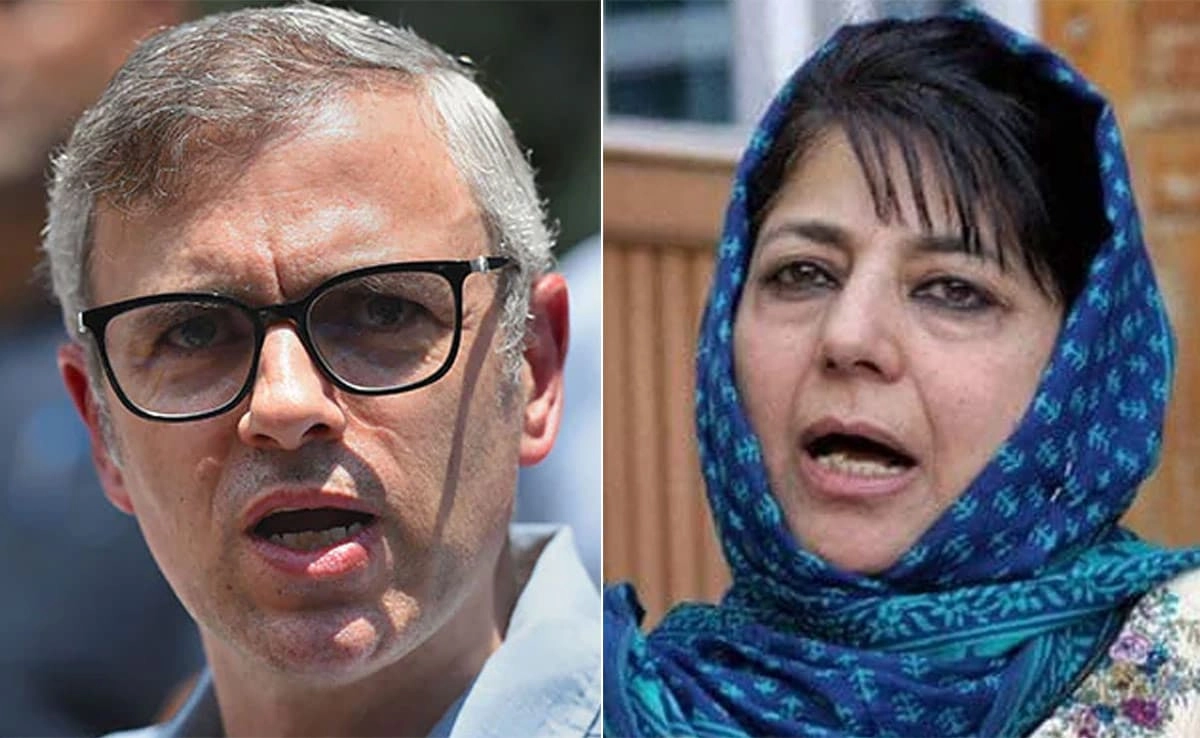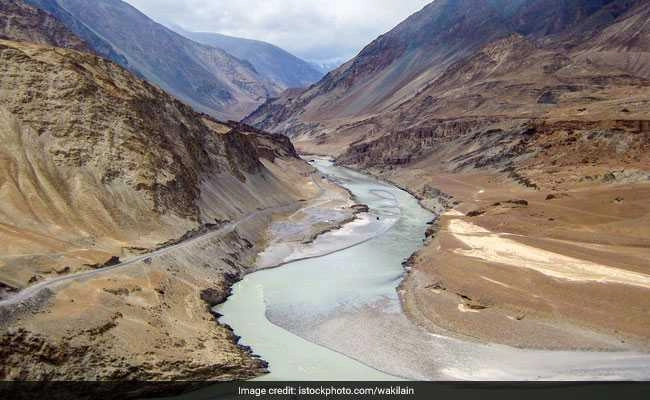The recent exchange between Omar Abdullah and Mehbooba Mufti regarding the water-sharing agreement with Pakistan has reignited debates surrounding water resources and regional politics in Jammu and Kashmir. The spat highlights the intricate relationship between water management and political narratives in the region, as both leaders vie for public support while addressing a critical issue that impacts the lives of many. The Indus Waters Treaty, which governs the distribution of river water between India and Pakistan, has long been a contentious topic, especially in the context of rising tensions between the two nations.
Abdullah, the former Chief Minister and a prominent leader of the National Conference, criticized Mufti’s stance on the water pact, accusing her of neglecting the interests of the people of Jammu and Kashmir. He emphasized the need for a more assertive approach to protect the region’s water resources, arguing that the current agreement does not adequately address the needs of local communities. On the other hand, Mufti, the leader of the People’s Democratic Party, defended her position by asserting that any modification to the treaty must be approached with caution, given the potential diplomatic repercussions. Her comments reflect a broader concern about maintaining peaceful relations with Pakistan while safeguarding regional interests.
This exchange not only underscores the complexities of water politics but also reveals the broader implications of such discussions for the political landscape in Jammu and Kashmir. As water scarcity becomes an increasingly pressing issue due to climate change and population growth, the leaders’ differing views could influence their respective parties’ strategies and voter sentiments. The debate serves as a reminder of the vital role that water plays in the social, economic, and political fabric of the region. It also raises questions about the balance between regional autonomy and national security in the context of bilateral agreements with neighboring countries.
In essence, the spat between Abdullah and Mufti is more than just a political disagreement; it reflects deep-rooted concerns about resource management and the future of Jammu and Kashmir. As both leaders continue to navigate these complex issues, their positions will undoubtedly shape the discourse surrounding water rights and regional governance. The outcome of their rivalry may have lasting effects on the lives of the people in the region, making it crucial for them to consider both the immediate and long-term implications of their political strategies.




